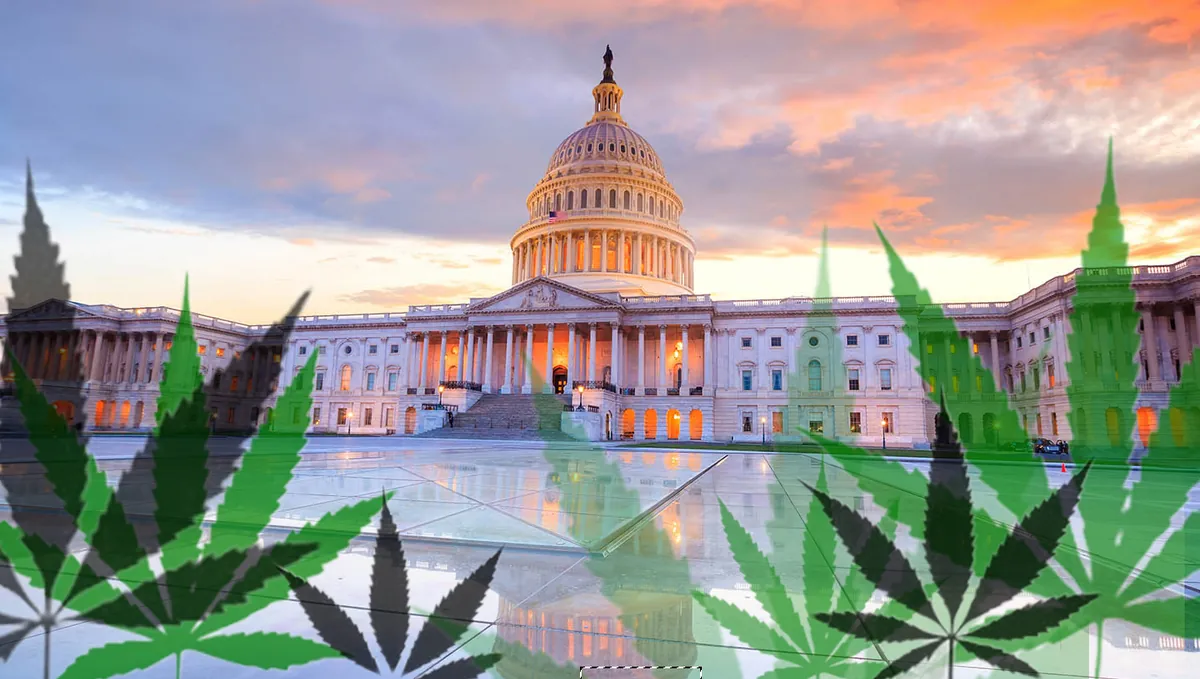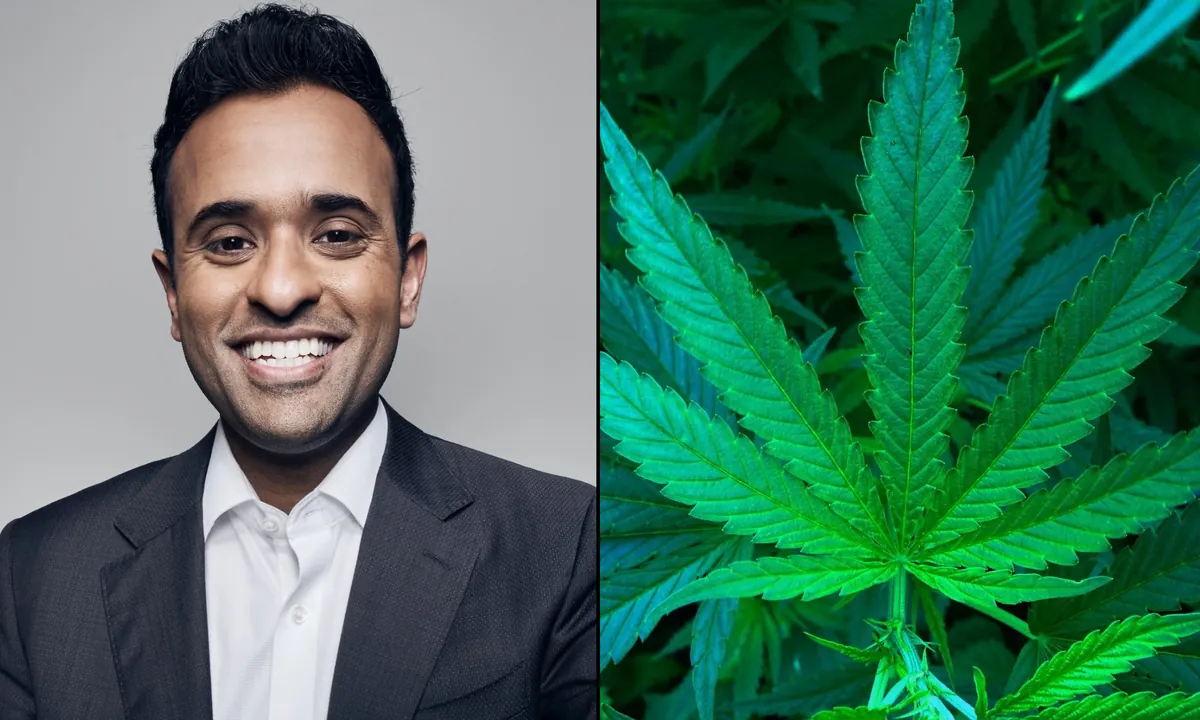US Marijuana Policy Shift: Growing Support and State-Level Changes
US marijuana policy is evolving, with potential federal reclassification and state-level legalization efforts. Public support grows as presidential candidates signal openness to policy changes.

The United States is experiencing a significant shift in its approach to marijuana policy, with growing support for legalization and potential changes at both federal and state levels. This evolving landscape reflects changing public attitudes and political considerations surrounding cannabis use and regulation.
At the federal level, marijuana remains classified as a Schedule I drug, alongside substances like heroin and LSD. However, the Justice Department has proposed reclassifying it to Schedule III, a category that includes drugs like ketamine. This potential change could have far-reaching implications for research, medical use, and criminal justice policies related to marijuana.
Kamala Harris, the Democratic nominee for president, has expressed support for marijuana decriminalization. Similarly, former President Donald Trump, the Republican nominee, has indicated his backing for reclassifying marijuana and expanding medical research. These positions from major political figures underscore the growing bipartisan recognition of the need for policy reform.

State-level initiatives continue to drive much of the change in marijuana policy. Currently, 24 states and the District of Columbia have legalized recreational marijuana use, representing over half of the US population. An additional seven states have decriminalized possession of small amounts, while 38 states allow medical marijuana use. This patchwork of laws highlights the complex and evolving nature of cannabis regulation in the country.
"It would reduce quality of life by leaving a marijuana stench in the air."
The upcoming election cycle will see several states voting on marijuana-related measures. Florida voters will decide on a recreational marijuana initiative, while North and South Dakota will consider legalization for the third time. Nebraska may also include medical marijuana initiatives on its ballot.
Public opinion has shifted dramatically in favor of marijuana legalization. A 2023 Gallup poll showed that 70% of American adults support legalization, a significant increase from just one-third of respondents 20 years ago. This change in attitude is particularly pronounced among younger voters, a key demographic in presidential battleground states.
Usage patterns have also evolved significantly. In 2022, an estimated 17.7 million Americans reported using marijuana daily or near-daily, a stark contrast to the less than 1 million users in 1992. This increase in regular use underscores the growing acceptance and normalization of cannabis consumption in American society.
As the legal marijuana market expands, new challenges are emerging. Some states are grappling with the sale of unregulated products derived from hemp, particularly those containing delta-8 THC. States like South Dakota and Wyoming have implemented new laws to address these concerns, while others, such as Missouri, are forming task forces to tackle the issue of unregulated psychoactive cannabis products.
The ongoing evolution of marijuana policy in the United States reflects a complex interplay of public opinion, scientific research, and political considerations. As the country moves towards greater acceptance of cannabis, policymakers and regulators face the challenge of balancing public health concerns with personal freedom and economic opportunities.


































